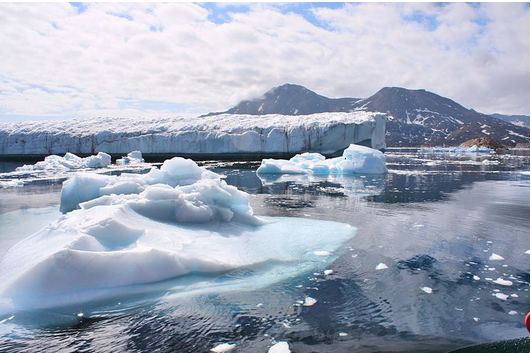
New research has found that the slower rate of global warming that began in 1999 could continue for another decade. The salient finding of the study shows that excess heat is being stored in the depths of the Southern and Atlantic Oceans, and not in the Pacific Ocean as previously thought. Having also used data from the Central England Temperature record, which dates back over 350 years, the study team concluded that a naturally occurring 30-year cycle that buries the excess heat will turn around in about 15 years, meaning a return to an accelerating global temperature.
Previous theories
For the last 15 years, the slowdown of rising average surface temperatures after decades of rapid warming puzzled scientists, and climate change skeptics latched on to it. Many hypotheses were put forth, ranging from trapped heat deep in the oceans, to sulfur being released from Chinese power stations, to volcanic eruptions. The Pacific Ocean is presented as a significant factor in the phenomenon.
New study
The new study, published on Thursday in the journal Science, concludes that, while the Pacific Ocean plays a role in the current global warming “hiatus,” record levels of heat trapped by greenhouse gases are sent down some 700 meters (2,296.6 feet), deep into the waters of the Southern and Atlantic Oceans.
The lead author of the study, University of Washington professor Ka-Kit Tung, said to the Guardian news publication that the finding was a surprise because all of the current theories lead to the Pacific Ocean, but the results gathered from their study were very convincing. He added that the Pacific Ocean still has a role in trapping the heat, but its role is short term, while the Atlantic Ocean’s role is more long term. Meanwhile, Professor Reto Knutti from the ETH Zurich informed the media that Tung’s research is actually an addition to a growing body of scientific findings that identify the significance of the Atlantic.
The long-term nature of the Atlantic’s role is due to the increasing saltiness, and therefore density, of its surface water, thereby bringing the surface heat down, as the salt sinks into the ocean’s depths. The study was undertaken on a global scale and involved the collection of data from Argo floats placed at a depth of up to 2,000 meters (6.561.7 feet) in the world’s oceans. The data shows that the heat trapped by the Southern and Atlantic Oceans account for more than half of the total amount, in contrast to the “Pacific-centric” theory on surface heat entrapment.
Global warming remains an issue
While other scientists acknowledge the University of Washington findings, they are still convinced of the Pacific Ocean’s prominent role in the cycle, with University of Leeds climate change professor Piers Forster including the El Niño phenomenon as part of a more complex perspective. Both Forster and Jon Robson, a climate scientist at the University of Reading, accept that the role of the Atlantic Ocean is elevated by the research findings, but like Forster, Robson also believes in a more involved scenario, stating that evidence that shows the hiatus as a winter phenomenon in the northern hemisphere points “the finger quite strongly to the Pacific.”
Professor Forster added that these recent findings provide “another nail in the coffin” of the notion that the long-term projections about global warming need to be revised. Furthermore, Professor Tung explained that “the temperatures and the effects will be more severe” when the cycle eventually switches. In February 2014, the national science academies of the United Kingdom and the United States jointly said that the current slowdown does not “invalidate” the long-term trend of rising global temperatures that is a consequence of climate change.
Image credit: Greenland Glaciers outside of Ammassalik taken by Christine Zenino under Public Domain.

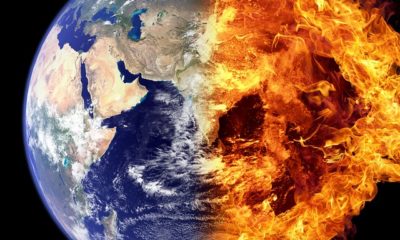
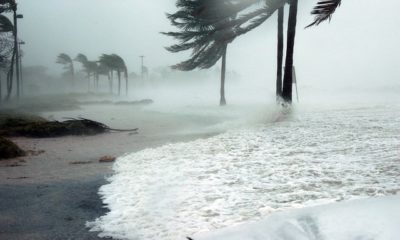
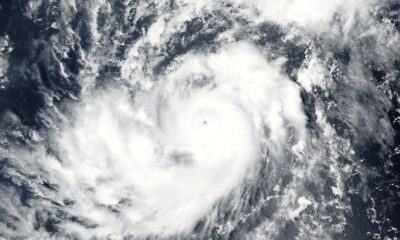
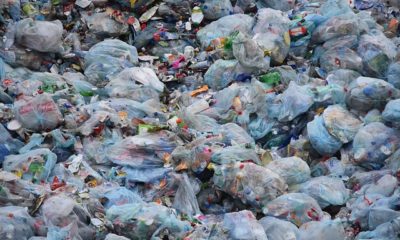
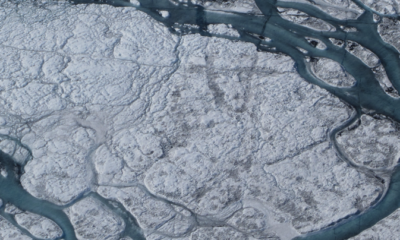
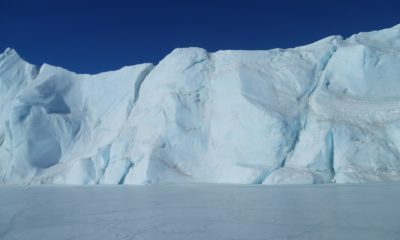
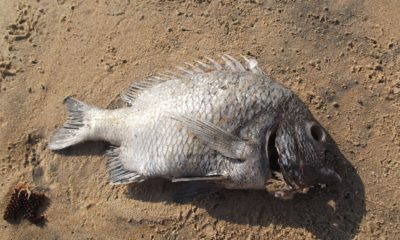

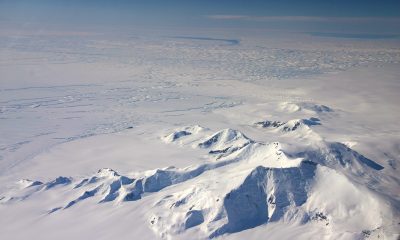





Facebook
Twitter
Pinterest
Google+
LinkedIn
Email